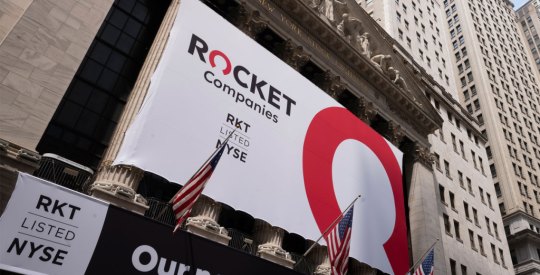A study released Wednesday by credit card issuer Discover found that consumer sentiment bounced in March, although consumers still say they expect to spend less and save more; the study is the latest to shed light on fast-changing American consumer attitudes towards debt and spending. Discover’s U.S. Spending Monitor, which tracks consumer attitudes about the state of the U.S. economy, rose 3.8 points in March to an index value of 79.5 out of a possible 100 as the number of consumers saying the economy was improving nearly doubled from February. At the end of February, a record low 8 percent of the country thought the outlook was brightening; by the end of March, 15 percent of the 15,000 American adults surveyed reported they thought the economy was improving. The growing economic optimism among consumers also coincided with a sharp drop in the number who thought things were getting worse. In February, nearly 70 percent said the economy was in for tougher times ahead, compared to 61 percent in March. The rise in economic confidence among consumers, however, isn’t likely to translate into increased spending any time soon. A record low number of consumers feel their personal finances are in good or excellent condition, and few suggested they planned to spend more in the months ahead. Spending cuts ahead March’s survey found considerably more consumers saying they intend to cut back on spending in the near future, in fact; 28 percent of those surveyed indicated such an intention. 54 percent of consumers say they will spend less on discretionary items, while 51 percent said they will delay major purchases. Less spending likely portends more economic difficulties for businesses in the months ahead. “The good news is a few more consumers are feeling the economy has turned a corner, and better days lie ahead,” said Julie Loeger, senior vice president of brand and product management for Discover Financial Services. “But rising economic confidence has not changed consumers’ spending behavior as a majority of them continue to anticipate cutting spending.” In March, nearly 57 percent of consumers said they are somewhat to very concerned about the debt they are carrying. When asked what they would do with extra money if they had it, 38 percent of consumers said they would pay down either mortgage or credit card debt, and 33 percent said they would save the money. Only 10 percent said they’d buy something they’ve been putting off — and only 2 percent said they’d take a vacation with the extra money. Those numbers are borne out in hard data released Wednesday by the Federal Reserve, which found that consumer credit outstanding decreased at a seasonally-adjusted annual rate of 3.5 percent, or $7.5 billion, to $2.564 trillion, in Febuary. Revolving debt — which mostly reflects credit-card financing — retreated by $7.8 billion to $955.7 billion, or a 9.7 percent rate. That’s the fastest contraction of revolving credit recorded in over three decades. The bottom line: American’s attitudes towards money are undergoing a pretty dramatic makeover. For originators in the mortgage industry, rising unemployment trending along with a strong shift in consumer attitudes should be factored into any predictions of origination volume, particularly for purchase mortgages. Write to Paul Jackson at [email protected].
Consumer Optimism Rises; Don’t Expect Same from Spending
Most Popular Articles
Latest Articles
Rocket delivers $291M profit amid improved margins and MSR acquisitions
The Detroit-based lender reported a GAAP net income of $291 million from January to March, its highest profit level in two years.



